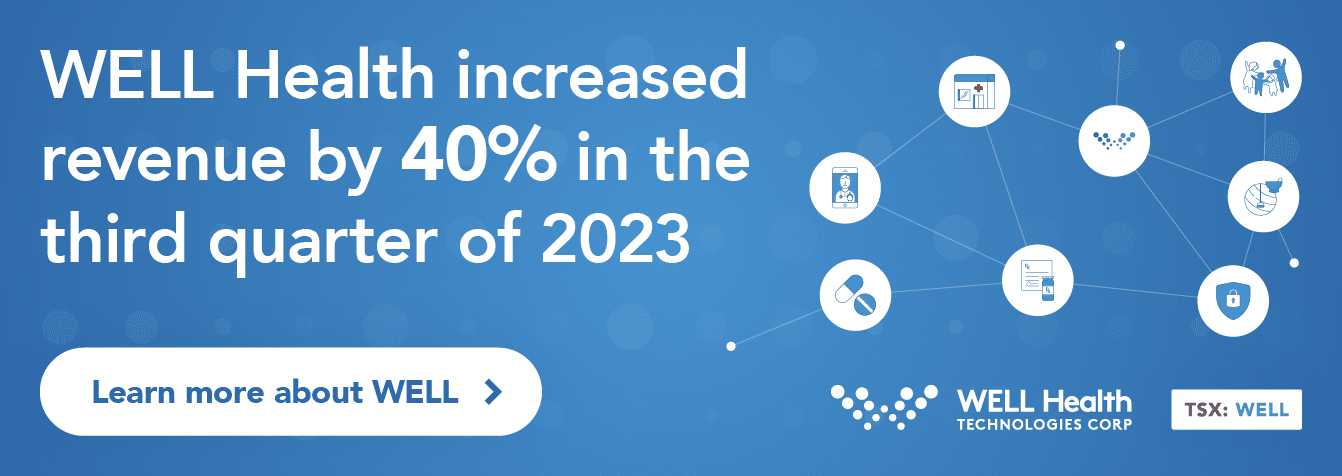
M&A is quite common in the life sciences and generally driven by product or pipeline synergies between two companies. Of late, however, the added benefit of moving from a high-taxation country, like the U.S., to a lower-taxation jurisdiction, like Ireland, has ignited a flurry of M&A activity in the sector. This strategy, known as tax inversion, has been front and center of recent M&A discussions between Pfizer / AstraZeneca, Valeant / Allergan, Endo / Paladin, AbbVie / Shire, Medtronic / Covidien, and most recently Auxilium / QLT. The latter is unique in that the coveted lower taxation jurisdiction was not one of the usual suspects; Ireland, Barbados or Bermuda, rather it was Canada. Auxilium stated on their conference call that the move to Canada could drop their tax rate from high 30% to mid-20%. That kind of tax savings could drive other U.S. life science companies to look North of the border for possible inversion targets.
The Canadian life science company most frequently mentioned as an inversion target is Concordia Healthcare (TSX:CXR). Concordia only recently went public, but it has quickly become a Bay Street darling, going from $6.25 to $30+ in half a year. Run by Mark Thompson, ex-Biovail (now Valeant, see above), the business is an eclectic gathering of legacy pharmaceutical products, a late-stage orphan disease drug candidate, and specialty medical distribution. The company had US$40 million in revenue in 2013 and with recent acquisitions is trending much higher for 2014. Concordia’s aggressive growth strategy and revenue ramp have certainly contributed towards its surging valuation, but it’s attractiveness, as a potential inversion target also seems to have captured investors’ imaginations.
Concordia Healthcare Inc. is headquartered in Canada, which, based on today’s QLT news, could alone make it an interesting inversion target. However, Concordia Pharmaceuticals, a subsidiary of Concordia Health, and owner of all the revenue generating legacy products and IP, is based in Barbados – considered one of the friendliest corporate tax jurisdictions in the world. So a U.S. company merging with Concordia could see its corporate tax rate drop by well over 10% based on the lower tax rates in Barbados and/or Canada.
Assuming Concordia was interested in M&A, they should have a descent list of potential suitors. In order for a U.S. company to assume a target’s tax jurisdiction, the target must equal 20% of the value of the combined company. With a current market cap of approximately $1 billion, depending on the premium Concordia attracts in a potential deal, it is possible that U.S. pharmaceutical companies worth upwards of $5B could be possible suitors. Clearly the bigger Concordia gets the range of potential suitors will also grow.
The recent frenzy around tax inversion deals has sparked substantial debate in Washington and changes have been proposed to tighten the rules for U.S. companies. It seems unlikely any substantial changes occur before 2015, but it appears change is coming from Washington that could curtail the tax inversion phenomenon. So for companies like Concordia the inversion window may never be more open.
____
Leave a Reply
You must be logged in to post a comment.





 Share
Share Tweet
Tweet Share
Share




Comment